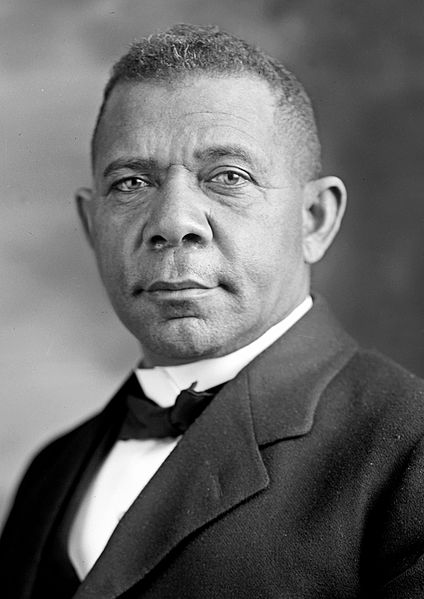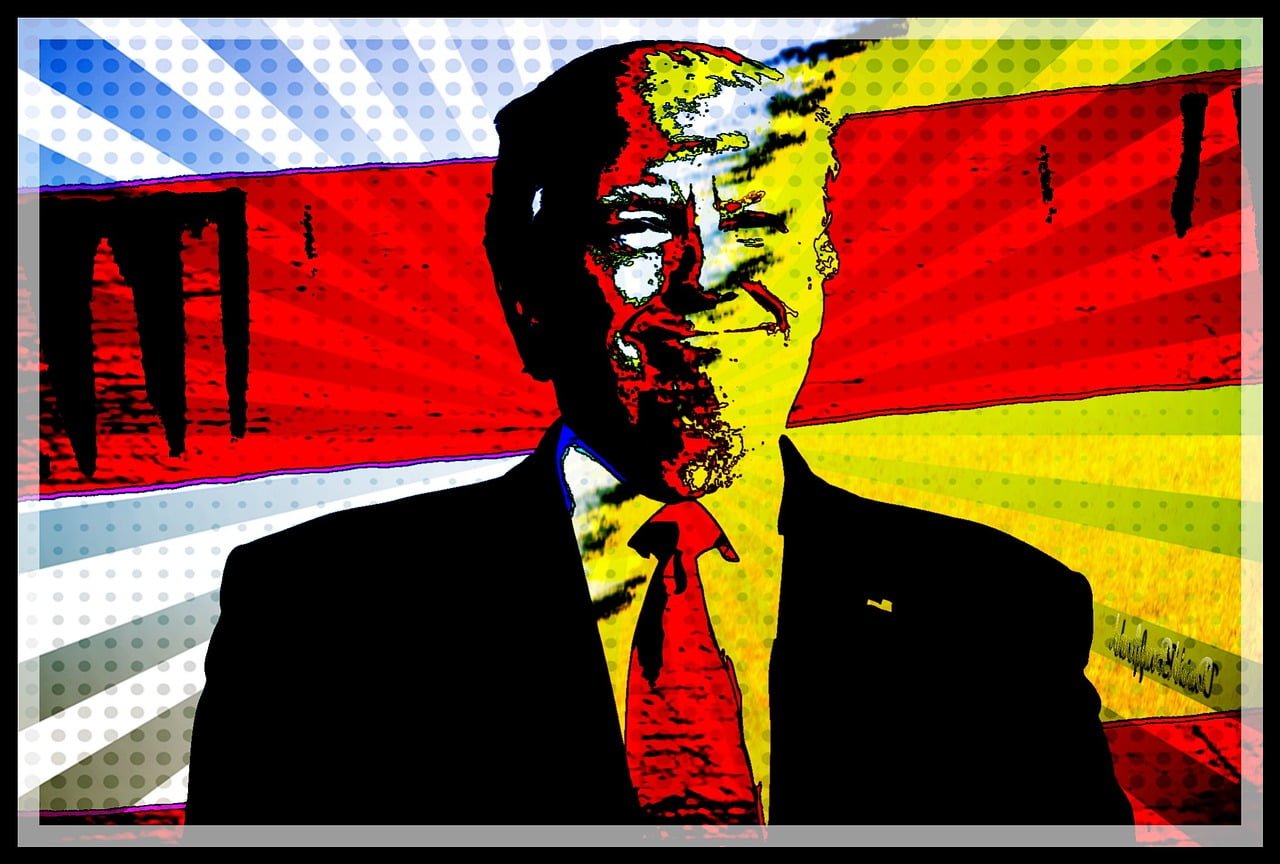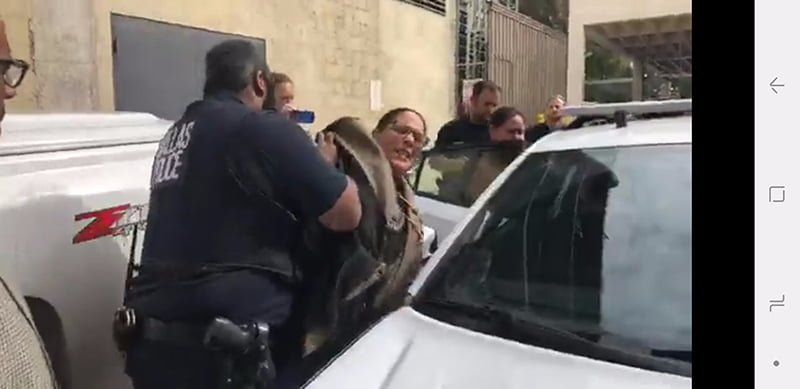February is Black History Month, triggering discussions of inspirational leaders and important episodes in American history. It seems to have gotten less attention than usual this year, however, with the stock market plunge and volatility turmoil, the Winter Olympics, and the spite and fake news beltway festival grabbing away the headlines. But the discussion I have seen does reflect the typical pattern in one important way.
Booker T. Washington, who sought “the most complete freedom compatible with the freedom of others,” attracts surprisingly little attention. That is an important oversight because, rather than promoting government coercion of others as a “solution,” he demonstrated the moral means to success — self-improvement, which also benefits others through voluntary arrangements.
Washington was a tireless advocate of self-improvement, emphasizing individual responsibility, the dignity of work, and moral character.
Booker T. Washington, born a slave, was seven when the Emancipation Proclamation was announced. At 11, he got his first book and taught himself to read. He thought to “get into a schoolhouse and study…would be about the same as getting into paradise.” At 16, he went 500 miles to the Hampton Institute, where he attended classes by day and worked nights to earn his room and board. After graduation, Hampton made him an instructor. In 1881, he founded the Tuskegee Institute.
Washington was a tireless advocate of self-improvement, emphasizing individual responsibility, the dignity of work, and moral character. He encouraged industry and entrepreneurship. Unlike many, he understood capitalism, recognizing that those who serve others thereby serve themselves best.
Washington recognized that for blacks’ advancement, starting from the legacy of government-enforced slavery, coercion of others was not the answer. Instead, it would be found through self-improvement and voluntary arrangements because, regardless of past injustices, only voluntary arrangements prevent additional injustices from being committed, and “No question is ever permanently settled until it is settled in the principles of the highest justice.” I find his expressions of that theme particularly insightful.
"Whenever people act upon the idea that the disadvantage of one man is the good of another, there slavery exists."
"Slavery presented a problem of destruction; freedom presents one of construction."
"I have never had much patience with…[those] always ready to explain why one cannot succeed. I have always had high regard for the man who could tell me how to succeed."
"Nothing ever comes to one, that is worth having, except as a result of hard work."
"Nor shall we permit our grievances to overshadow our opportunities."
"There are two ways of exerting one’s strength; one is pushing down, the other is pulling up."
"If you want to lift yourself up, lift up someone else."
"Constructive action…must constitute the bedrock of all true civilization."
"One constructive effort in the way of progress does more to blot out discrimination than all the whinings in the world."
"The most complete development of each human being can come only through his being permitted to exercise the most complete freedom compatible with the freedom of others."
"Freedom, in the broadest and highest sense, has never been a bequest; it has been a conquest."
"Our republic is the outgrowth of the desire for liberty that is natural in every human breast…and the most complete guarantee of the safety of life and property."
"In a state of freedom…[man] renders the highest and most helpful form of service [to others]."
"It is what a man or woman is able to do that counts."
"No man who continues to add something to the material, intellectual and moral well-being of the place in which he lives is left long without proper reward."
"The individual who can do something that the world wants will, in the end, make his way regardless of race."
Booker T. Washington’s character and actions are both inspiring. His emphasis on rejecting coercion of others, relying instead on self-improvement and voluntary arrangements, is exactly what we need to teach our children today, regardless of race, as we prepare them to make the most of their lives. And despite the fact that self-improvement requires hard work and sacrifice, which a tide of modern influences fight against, it is as necessary today as it was for Washington. Of course, we must apply that principle to ourselves as well, or our actions will speak too loudly for our children to hear our words.
Gary M. Galles
Gary M. Galles is a professor of economics at Pepperdine University. His recent books include Faulty Premises, Faulty Policies (2014) and Apostle of Peace (2013). He is a member of the FEE Faculty Network.
This article was originally published on FEE.org. Read the original article.







